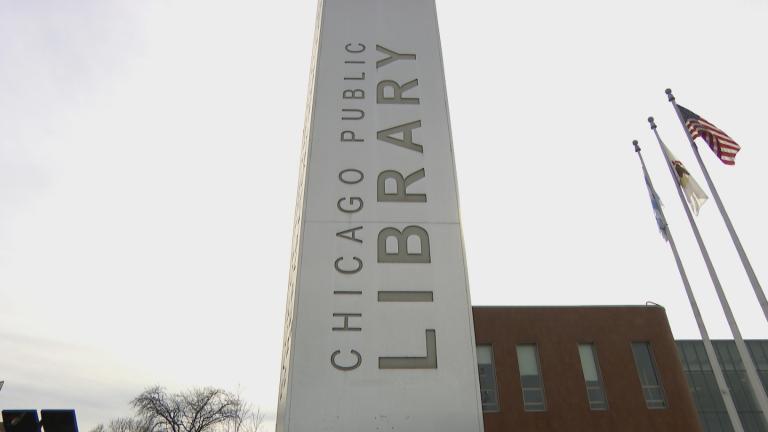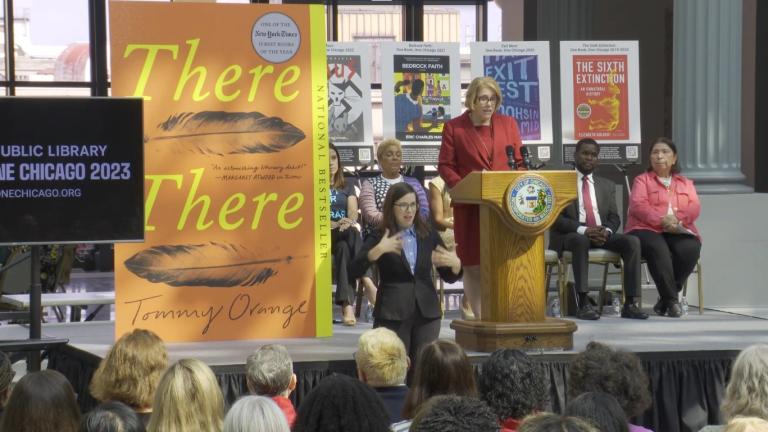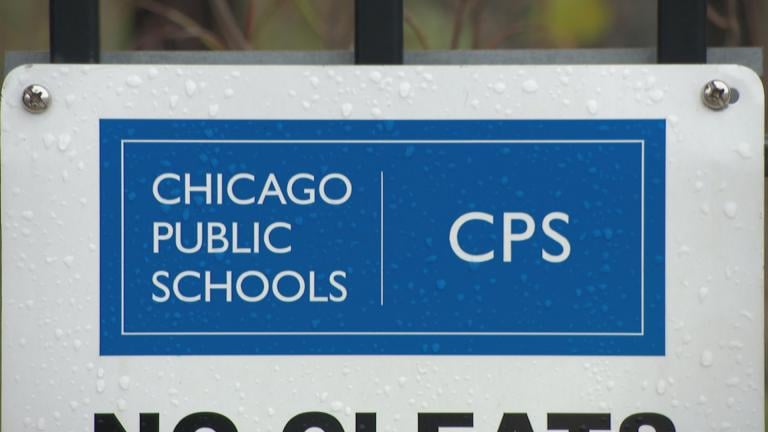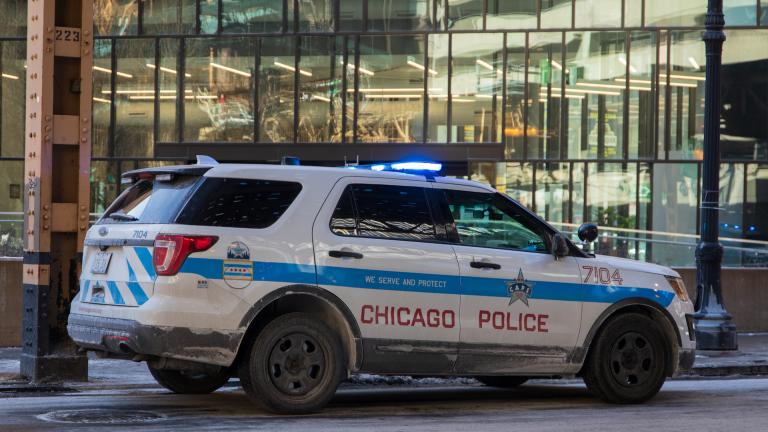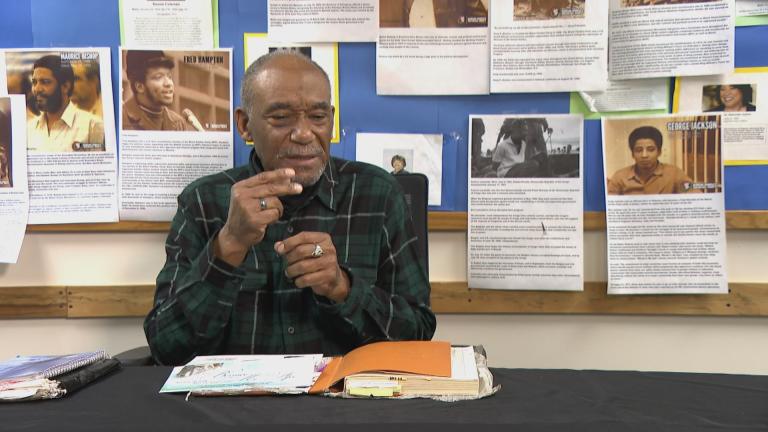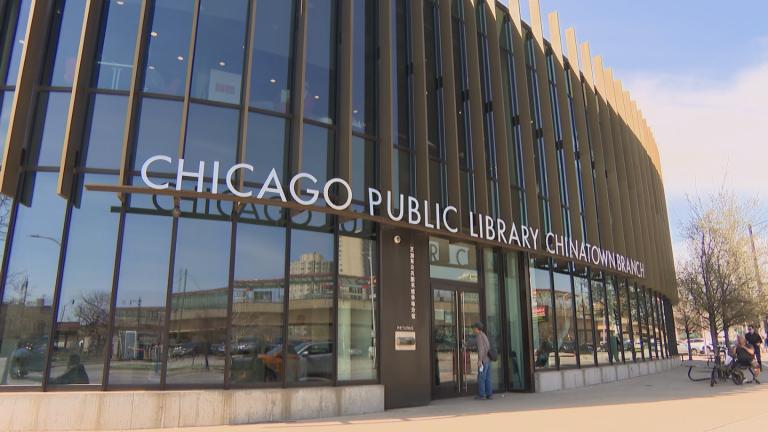It was 16 years ago when a visit to Chicago served as a revelation for award-winning author Tommy Orange.
A trip to Chicago’s American Indian Center set him off on a journey to writing about the urban experience of Native Americans.
“It was the beginning of my understanding that this urban Native story was happening in all the major cities across the country, and it was the beginning of an understanding of a deeper concept of life in this country,” he said.
Orange’s novel, “There There,” has been chosen as the latest selection for the Chicago Public Library’s One Book, One Chicago program. The book, a finalist for the Pulitzer Prize, tells the story of Native American life, not as it existed centuries ago, but as it does now.
Orange grew up and resides in Oakland, California, and says he wanted to change the image of Native Americans in popular culture.
“80% of us live in cities now and it’s been that way for over a decade,” Orange said. “We haven’t updated that view in hundreds of years and are still telling the same stories.”
The book follows a dozen characters — many battling demons like addiction and criminal records — as they descend on a giant powwow in Oakland.
“A powow for people who live in urban centers is a place to connect with community and traditions that are older,” Orange said. “You experience food, culture that aren’t readily accessible in everyday lives.”
Chicago Public Library chose “There There” as its One Book One Chicago selection. Library Commissioner Chris Brown says city readers have really embraced it.
Orange recently gave a presentation about the book before a packed audience at the Harold Washington Library Center last week.
“I’m honored that the book, this far into its life, is still getting people excited to read, and Chicago is a special town, so I was happy to hear it,” he said.
The book’s introduction tackles difficult themes of Native American history. For instance, that Natives were massacred around the time of the first Thanksgiving. Orange says that’s food for thought when families come together for the holiday.
“It’s not helpful for Americans to live under the delusions that we had some happy meal and we’re still celebrating it 400 years later,” he said. “We know certain aspects of the origin of this country is not innocent, but the Native American story is still really to be digested by the American people.”
For more information about One Book, One Chicago programming, visit chipublib.org/one-book-one-chicago.

